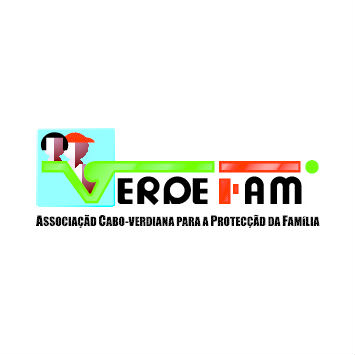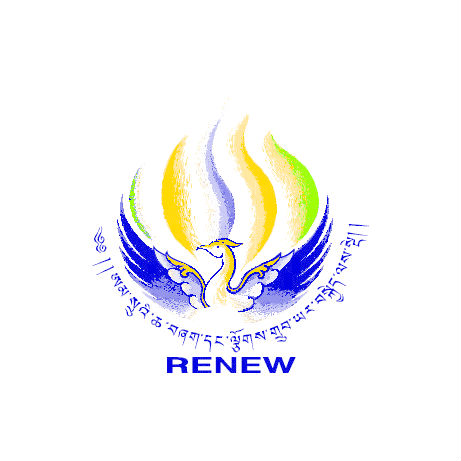

| 31 March 2016
Associação Caboverdiana para a Proteção da Familia (VERDEFAM)
Established in 1995, the Associação Cabo-Verdiana Para a Protecao Da Familia (VERDEFAM) serves a population of just over 500,000, about 10% of people living in the Republic of Cape Verde. Cape Verde is an archipelago of 10 islands located in the central Atlantic Ocean, 570 kilometres off the coast of Western Africa. Through static service points and mobile clinics, the organization offers family planning, the prevention and treatment of sexually transmitted infections (STIs) including HIV and AIDS, and antenatal and post-natal care. Staff are supported by a large group of volunteers and specially-trained peer educators. VERDEFAM also works in collaboration with Cape Verde National TV to produce health sensitization programmes. Because of its wide-ranging sexual and reproductive health (SRH) expertise, VERDEFAM was invited to participate in the national committee of strategic SRH organizations which together formulated Cape Verde’s National Reproductive Health programme and the 2006-2011 National HIV and AIDS Strategic Plan. Despite its relatively high level of development compared with many other African countries (according to a variety of international indices) the country still has worryingly high maternal and infant mortality counts. Together, these SRH challenges emphasize the importance of VERDEFAM’s services to the men, women, young people and children of the Republic. VERDEFAM works in partnership with a number of government departments, including the Ministry of Health, the Cape Verdian Institute for Gender Equality and Equity (ICIEG), the Committee for the Coordination and fight against HIV and AIDS (CCS-SIDA), the Committee for the Coordination of the fight against Drugs (CCCD) and the Ministry of Education. Civil society partners include the Organizaçao das Mulheres de Cabo Verde (OMCV) and the Red Cross and Acrides. It also works with national networks: the Comité de Coordination du Combat au VIH/SIDA, the Comité Municipal de Santé de la mairie de Praia and the Plateforme des ONGs du Cap-Verde. VERDEFAM receives funding from GTZ, the UNFPA, the National HIV and AIDS Council (BM/CCS-SIDA), ICIEG/SNU), UNICEF and UNAIDS. VERDEFAM has a private sector partnership with the national telecom company. Contacts Website: www.verdefam.cv Facebook: https://www.facebook.com/verdefam.verde

| 31 March 2016
Respect Educate Nurture Empower Women - Bhutan
Established in 2004 by Her Majesty the Queen of Bhutan, Respect, Educate, Nurture, Empower Women (RENEW) became an Associate Member Association of IPPF in November 2009. It aims to be the leading organization in shaping the future role of women in Bhutanese Society, helping to reduce vulnerabilities while nurturing and empowering them. Their work is focused on reaching poor, disadvantaged and adolescent girls and women. RENEW has a widespread community-based support (CBS) system (established in 20 districts), and a community outreach programme run from the RENEW centre. Work focuses on sensitization with regard to HIV and AIDS, education in family planning approaches and contraceptive methods, and enhancing the safety of pregnancy and childbirth. A clear problem in Bhutan is the unequal position of women. One of the expressions of gender inequality is high levels of gender-based violence (GBV) which is seen as a natural part of married life, and not as an issue. RENEW has a vigorous education programme designed to reverse such attitudes. Bhutan is a unique country: all development is based on promoting Gross National Happiness (GNH), and comprehensive sexual and reproductive health (SRH) services, acceptance of every individual’s sexual and reproductive health and rights (SRHR), and the practical realization of those rights are regarded as critical components in increasing GNH. Given this political context, RENEW has ambitious targets. Although it has only been established for 10 years, it is making remarkable strides towards the achievement of better SRH and SRHR outcomes for the nation and its people.







